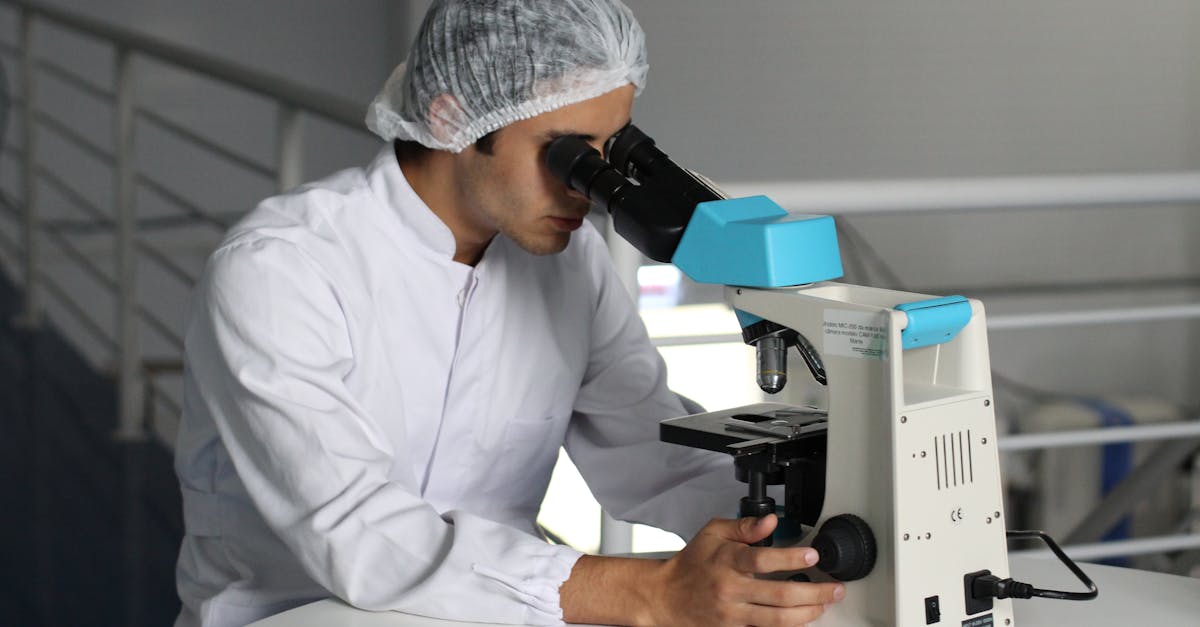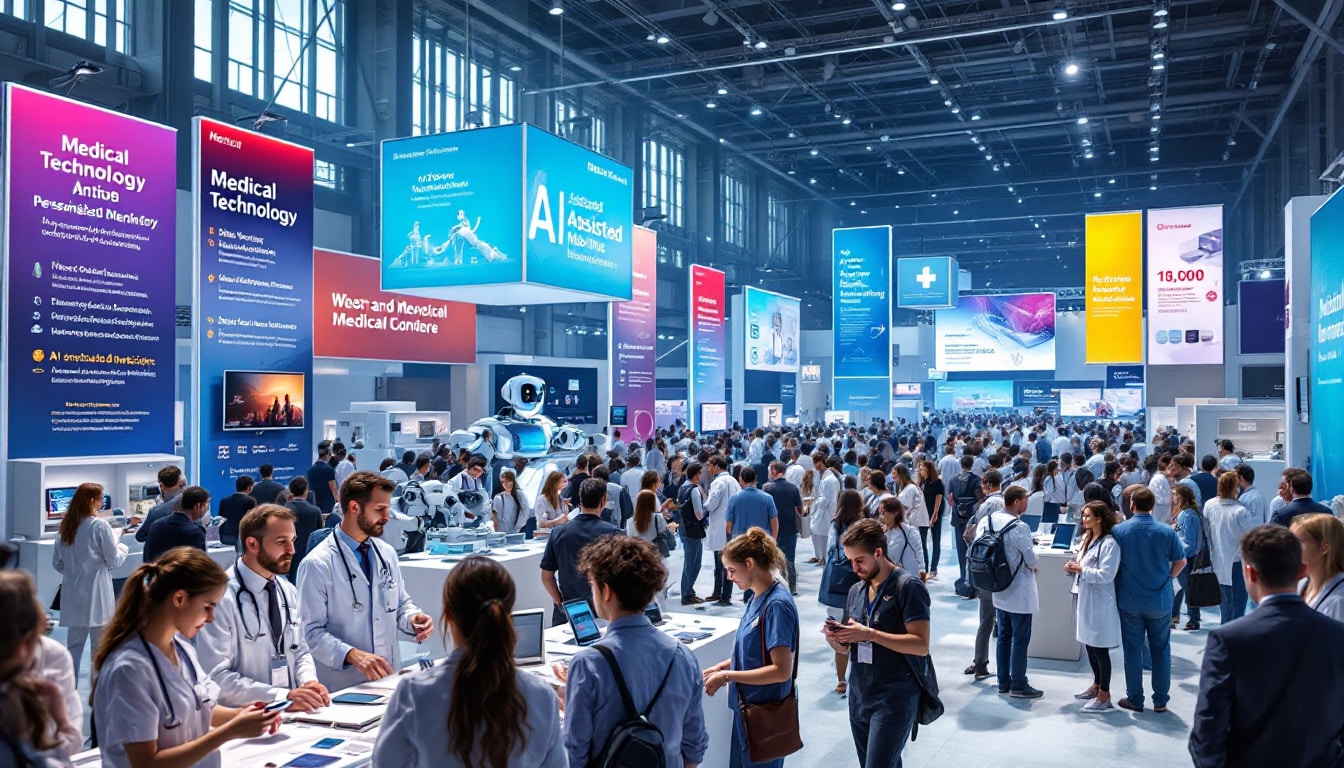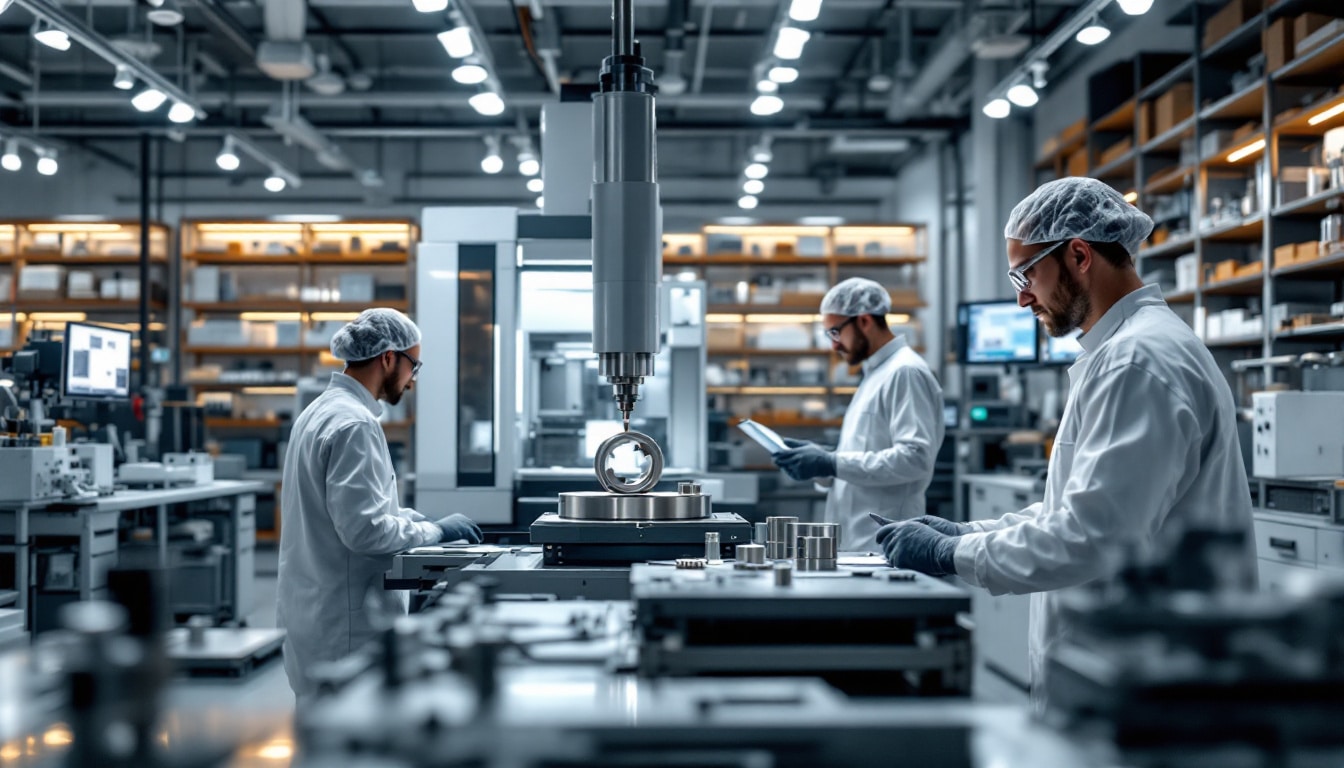There technological revolution within the medical sector is profoundly transforming health practices by providing innovative solutions. From the emergence ofartificial intelligence to the rise of connected medical devices, each advance opens new perspectives for care. The actors of theindustry are called upon to adapt, seeking to combine efficiency and safety while navigating through an ever-changing regulatory landscape. Innovations like telemedicine and the surgical robotics redefine methods of intervention, promising better patient experience. THE trends current events with an emphasis on innovative nanomedicine and the digitalization care is emerging on the horizon, capturing the attention of healthcare professionals around the world.
THE medical technologies know a explosive growth on the world stage, reinforced by the rise ofartificial intelligence, from the medical robotics, and the telemedicine. With the emergence of innovative start-ups, the sector is attracting increased investment, particularly in Asia, where the collection of patient data fuels significant progress. The news regulations like theEU AI Act illustrate a desire to supervise these innovations, while the persistent challenges in terms of safety and of data security remain relevant today. Concerns about the perfect integration of these tools into the health system and their impact on patient care persist, but the future looks promising for this sector in full transformation.

THE medical technologies are evolving rapidly, generating significant impressions around the world. In particular, the emergence ofartificial intelligence and the telemedicine opens new frontiers in healthcare. These innovations offer powerful solutions for health management, improved diagnostics and personalization of treatments. In addition, the use of massive data (big data) makes it possible to analyze health information on a large scale, making interventions more effective.
Key medical technology trends
THE advanced sensors, connected medical devices and mobile health applications are the focus. The fluidity of data exchange between patients and healthcare providers transforms the patient experience. Furthermore, innovative companies are investing in technologies such as surgical robotics, which improves medical accuracy while reducing recovery times. This convergence between technology And medicine leads to remarkable advances, making care more accessible.
Impact of new regulations on the medical sector
In a constantly evolving landscape, new regulations, such as the EU Artificial Intelligence Act, play an essential role in regulating and promoting the use of digital technologies. These rules aim to ensure patient safety while encouraging innovation. Health authorities are focusing on the secure integration of artificial intelligence in the care processes. This regulatory framework is a response to ethical and confidentiality concerns, essential to strengthening public confidence in innovative solutions.
📢 OH MY DM #2 – TOUTE L'ACTU DU DISPOSITIF MÉDICAL ▶️
— SnitemDM (@SnitemDM) June 14, 2024
Découvrez à chaque épisode l'actualité du monde des technologies médicales !
Une manière de rester informé des nouveautés toute l'année ! #ACTU #technologiesmedicales #metiers #emploi @CEA_Officiel @HugoDecrypte pic.twitter.com/xBYn68xuYw













